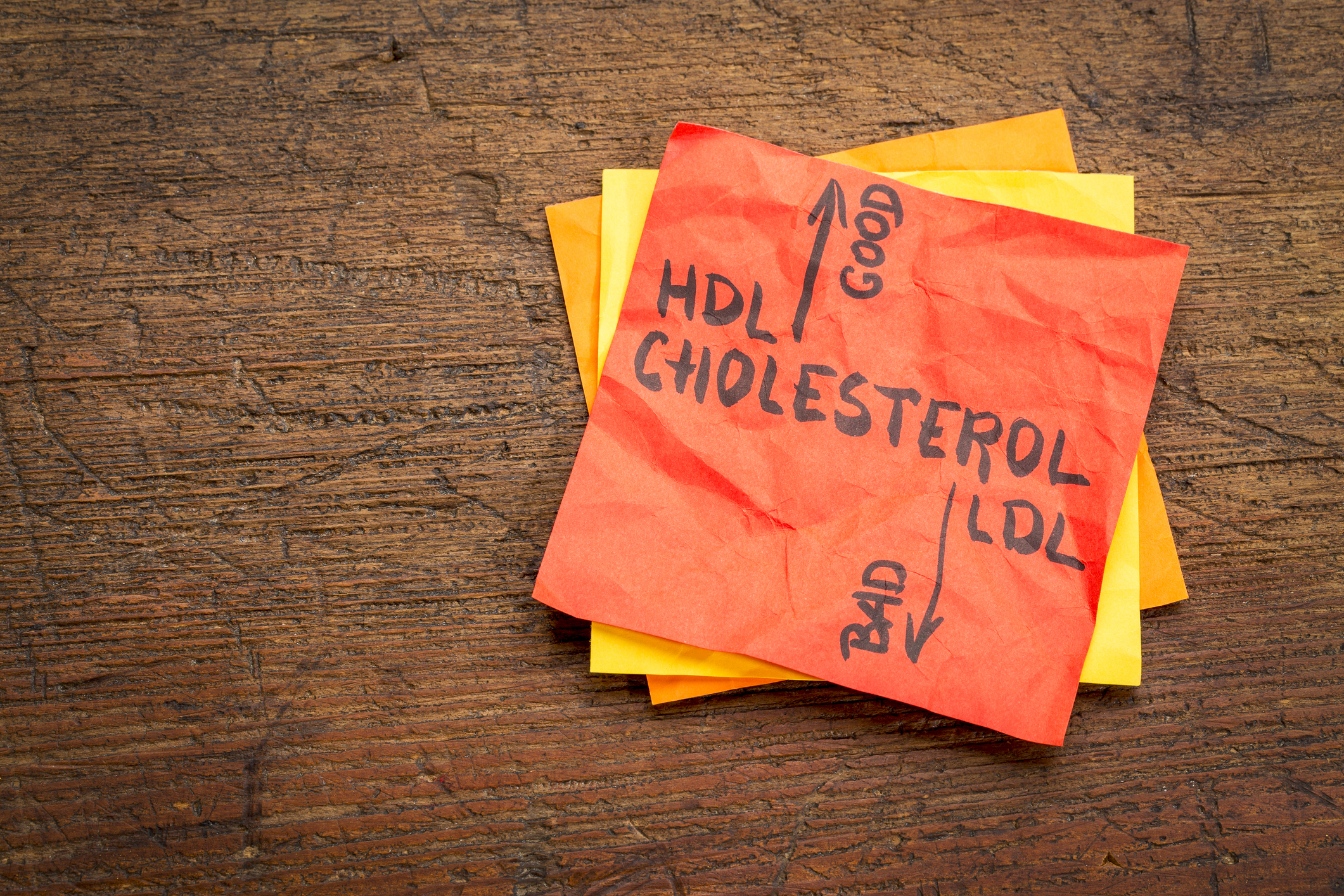

The fact that “good” cholesterol, also known as HDL cholesterol, is beneficial to heart health is just that, a long-standing fact.
But sometimes facts bear re-examining.
Not that “good” cholesterol is now “bad” for you. But it seems that its benefits don’t hold true for everyone to the same degree.
And when it comes to actually lowering heart attack risk, more of this “good” stuff is not necessarily better.
‘Good’ cholesterol doesn’t affect everyone equally
Nathalie Pamir is an associate professor of medicine at the Knight Cardiovascular Institute at Oregon Health & Science University in Portland.
Pamir led a study that reviewed data from 23,901 American adults who participated in the Reasons for Geographic and Racial Differences in Stroke Study, or REGARDS.
The study aimed at updating our knowledge about “good” cholesterol levels and heart health, since current perceptions are based on research conducted in the 1970s with mainly white adults as subjects.
The subjects of the current study were Black and white middle-aged adults who were enrolled in REGARDS between 2003 and 2007.
The study found that adults with increased levels of LDL (“bad”) cholesterol and triglycerides had increased risks for cardiovascular disease. This finding matched what previous research had shown.
But this study was the first to find that having lower levels of HDL (“good”) cholesterol predicted increased cardiovascular disease risk for white adults only, not for Black adults.
In addition, Pamir and her team found that having more good cholesterol is not always associated with a lower risk of heart attack or heart disease. Notably, this was true for both Black and white participants.
“What I hope this type of research establishes is the need to revisit the risk-predicting algorithm for cardiovascular disease,” Pamir said. “It could mean that in the future we don’t get a pat on the back by our doctors for having higher HDL cholesterol levels.”
These difference may also explain why the link between cholesterol, heart disease and statins has been inconsistent.
New theories about how HDL works
As researchers like Pamir continue to study HDL cholesterol’s role in supporting heart health, they are working with a few different theories. One of these is “quality over quantity.”
Put simply, how well a person’s HDL functions in terms of removing excess cholesterol from the body may be more important than how much HDL there actually is.
Studies are also analyzing the hundreds of proteins that are associated with transporting cholesterol, and how particular combinations of proteins may function better than others in doing the job.
This, in turn, may enable health professionals to make better predictions about an individual’s cardiovascular health and risk of heart attack.
In other words, we’re looking at a future where you won’t just get a pat on the back from your doctor for having good HDL levels.
But for now ….
There’s nothing wrong with continuing healthy habits. Eating a balanced diet, heavier on plants and whole grains than meat, and getting enough exercise promotes good health — whether we follow those lifestyle habits specifically for our cholesterol numbers or not. Plenty of studies demonstrate this.
Dr. Elizabeth Klodas talks about the causes of high cholesterol often and how important food is in the equation. She outlines factors that are under your control and those that aren’t.
She has also previously written about the flawed risk calculator. One thing she notes is that it uses population data about heart disease risk and attempts to apply it to individuals. This new study shows cholesterol is likely not a “one size fits all” situation.
Sources:
Study challenges “good” cholesterol’s role in universally predicting heart disease risk — Eureka Alert
Race-Dependent Association of High-Density Lipoprotein Cholesterol Levels With Incident Coronary Artery Disease — Science Direct
REGARDS Study — University of Alabama at Birmingham
